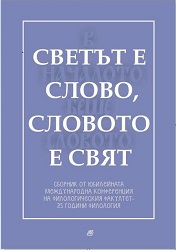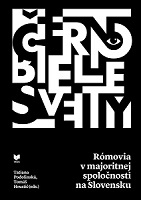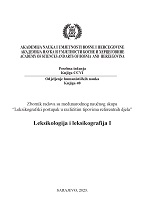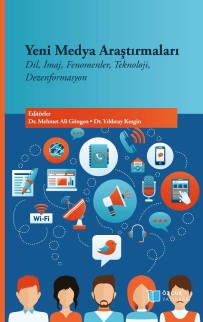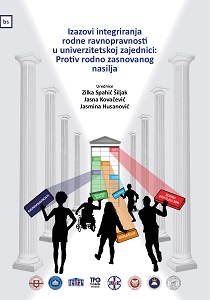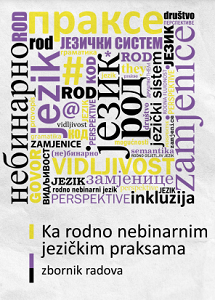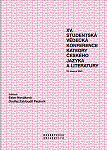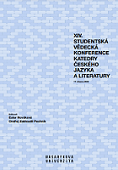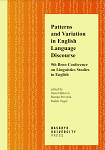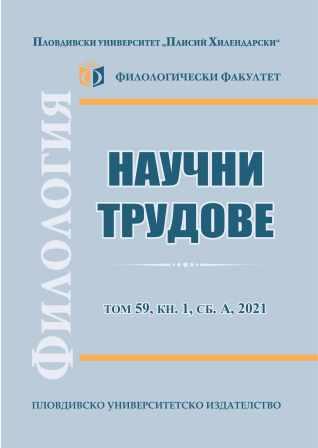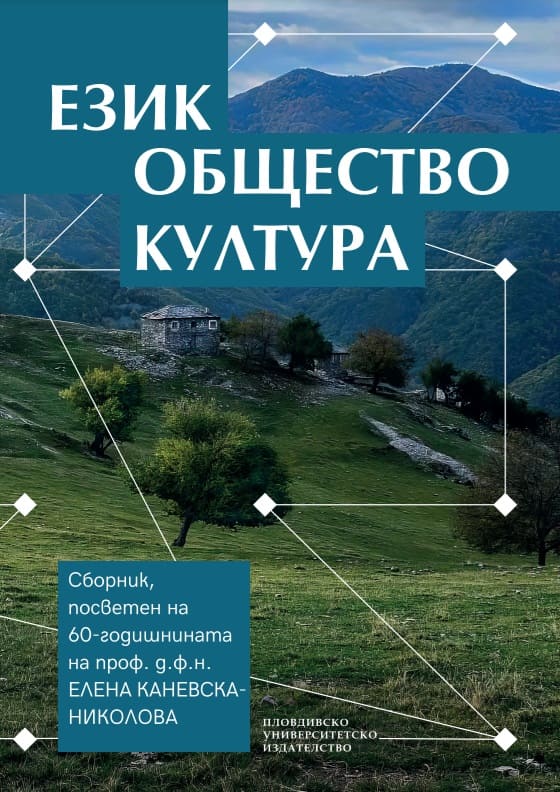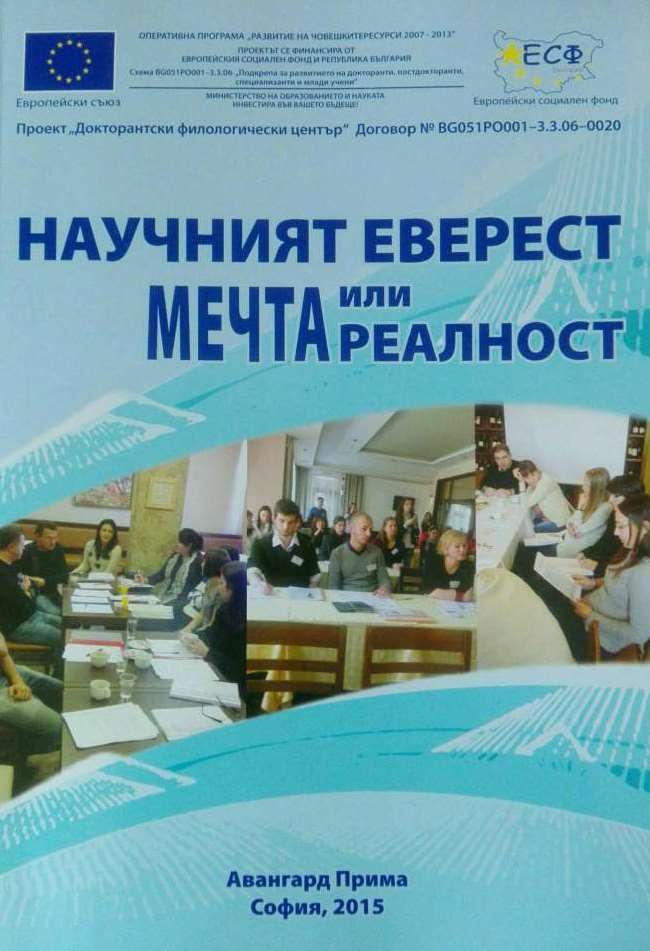
Българо-гръцки хибриди (NOMINA LOCI)
The subjects of this paper are the place names with roots of Greek origin and Bulgarian suffixes. The material is excerpted from various Bulgarian etymological dictionaries and research works dedicated to Greek loan-words in Bulgarian language. In terms of methodology, the paper is based on a comprehensive method combining the theoretical synchronic concepts of the Czech linguist M. Dokulil and the diachronic ones of the etymological and historical word formation. Hybrid forms are put to a word formation analysis and classified by word formation types.
More...
